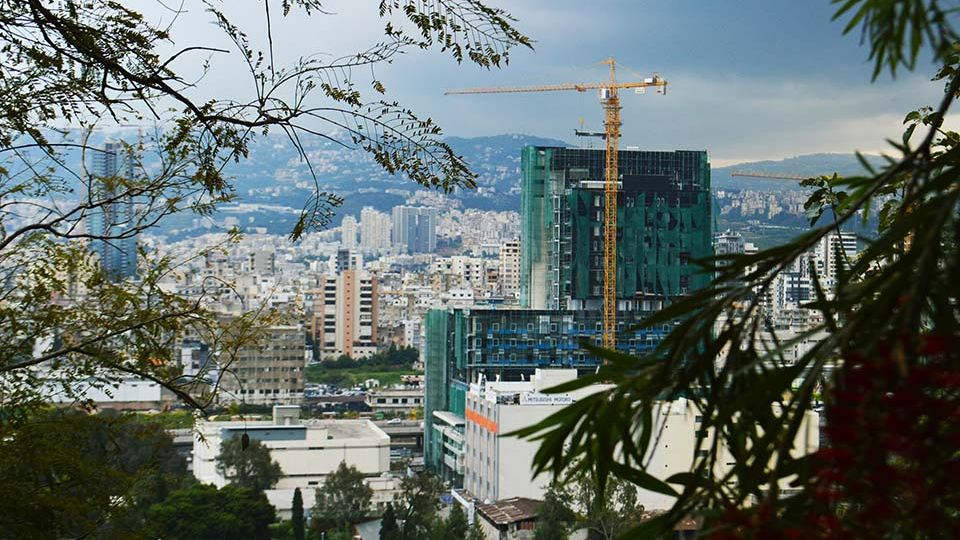October 8, 2024
MANILA – The Department of Migrant Workers (DMW) has observed a growing interest among overseas Filipino workers (OFWs) in Israel and Lebanon to return home, as violence continues to escalate in the region.
One year after Hamas launched its largest terrorist attack on Israel on Oct. 7, 2023, a total of 1,326 Filipinos have been repatriated from four affected areas: Israel, Lebanon, the West Bank and Gaza, Migrant Workers Secretary Hans Cacdac said at a Monday press briefing.
The majority of those sent home—888 Filipinos—came from Israel, Cacdac said.
The Philippine Embassy in Tel Aviv on Monday said 1,200 individuals lost their lives in the Oct. 7 attack, including four Filipinos: Paul Vincent Castelvi, Loreta Alacre, Angelyn Aguirre and Grace Cabrera.
No other OFWs have been injured or killed, based on the DMW’s latest monitoring in Tel Aviv and Beirut.
In Lebanon, 430 OFWs and 28 dependents have been repatriated, with 151 more set to return starting Oct. 11 as commercial flights resume in Beirut.
Meanwhile, 225 more applications are being processed by Lebanese immigration, Cacdac said.
Appeal to President
“We sense an increasing interest among our OFWs to return, although it’s still voluntary repatriation at alert level 3,” Cacdac added.
Several OFWs in Lebanon, caught in the rising violence, appealed to President Marcos last month for immediate repatriation, expressing frustration over what they described as a slow government response.
Some of the more complicated cases involved undocumented workers who lacked visas or those whose passports were being held by their employers—a situation flagged by the United Nations.
Over the weekend, Foreign Undersecretary Eduardo de Vega said the Department of Foreign Affairs could issue travel documents to OFWs without passports.
While securing exit clearances for those whose employers refuse to release them might prove difficult, De Vega said the government was willing to help cover any penalties, a commitment echoed by the DMW.
“We are ready to pay for the penalties as well,” Cacdac said, adding that labor attachés in Beirut were capable of negotiating with employers to allow OFWs to return home.
Labor attachés in Lebanon have also been instructed to assist OFWs whose employers won’t allow them to visit the Migrant Workers Office (MWO) for help.
“We are working with transport companies on the ground to assist. Yes, we will help anyone who needs help, especially if we need to convince their employers,” he added.
In-country evacuation
The government is also assisting OFWs with in-country evacuations for those who were not inclined to be repatriated.
“It’s important to point out that not all OFWs want to be repatriated. Some are seeking in-country evacuation instead,” Cacdac said.
A total of 107 Filipinos are in three shelters across Beirut, most of them awaiting repatriation. Of that number, around 15 are Filipino women married to Lebanese nationals who were just “looking for a safer ground.”
In northern Israel, around 2,000 OFWs have been relocated to a safer area by the Israeli Defense Forces.
In the West Bank, 21 OFWs remain, but Cacdac said all have been accounted for and are currently safe. Six OFWs from the West Bank have already been repatriated.
Cacdac also noted the “unprecedented” financial assistance being provided to repatriated OFWs from Lebanon, with each receiving P150,000.
“That’s equivalent to about four to six months’ salary for a domestic worker. We believe this will help our returnees adjust and cope after coming home,” he said.
Alert level 3 remains in effect in Lebanon, allowing Filipinos to opt for voluntary repatriation.
Those wishing to return to the Philippines may register at tinyurl.com/2024Repatriation or contact the Philippine Embassy at 70-858-086 or the MWO hotline: 79-110-729.


